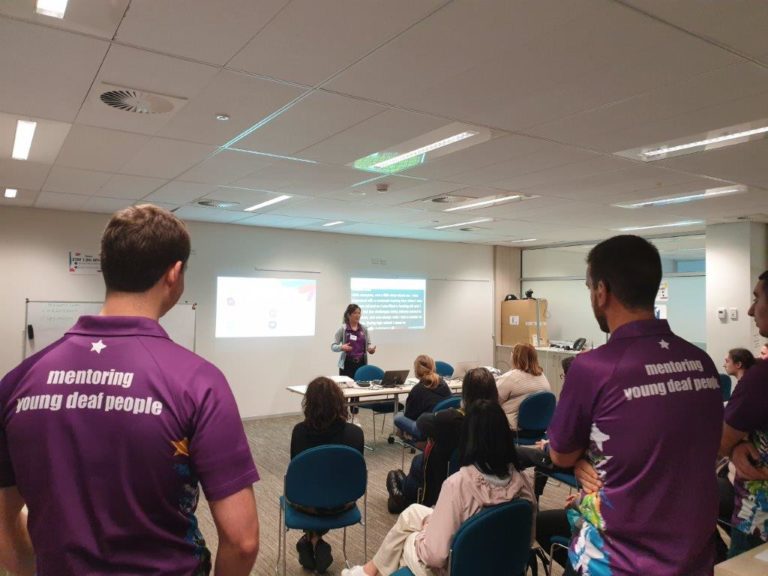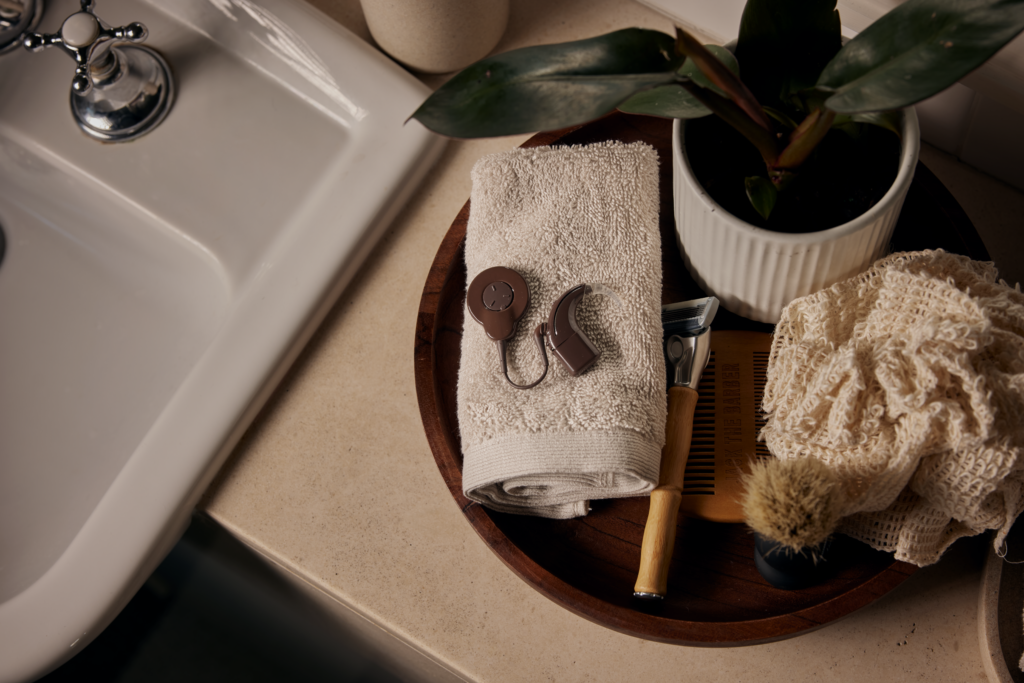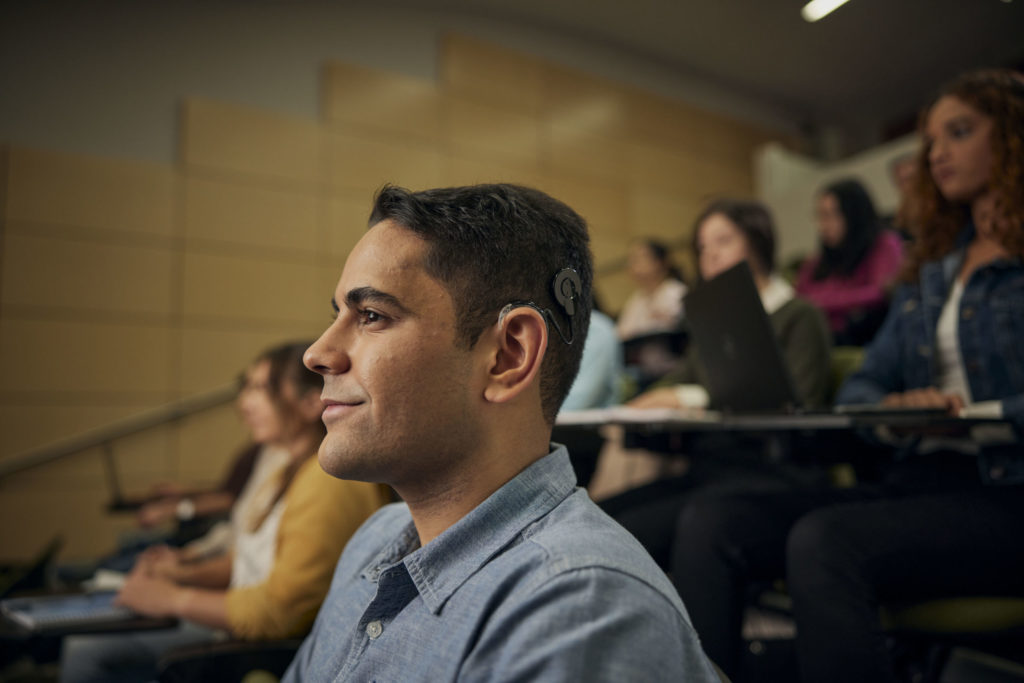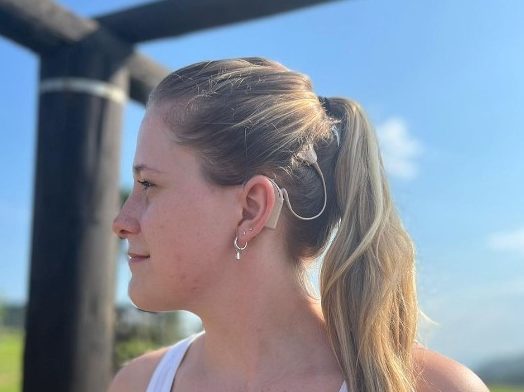Being a teenager is tough at the best of times, but when you feel different because of hearing loss, it’s good to get support from others just like you.
“Teenagers face particular challenges when they have hearing loss. It’s tough being different,” says John Lui, national manager of an Australian organisation that helps teenagers with hearing loss to connect with deaf mentors.
“Other people shouldn’t assume that because of these hearing devices, things become ‘normal’ or ‘fixed’ for the user. Hearing loss is an invisible disability so the burden is on our shoulders to explain and advocate for what we need.”
Unfortunately, not everyone has access to a mentoring and support group to help them connect with others who understand their challenges, so John and his team of mentors has shared these practical tips for teens, their family and friends.
Connecting with peers is crucial
“It’s important for teenagers to hear from people who have lived experience and understand exactly what they’re going through, rather than from well-meaning parents, teachers and audiologists,” John says.
”When the teens hear it from their peers, it’s much more powerful. For example, one teen may not want to use any assistive technologies in the classroom because it marks them as different from a social perspective.
“If they hear from a peer who does use assistive technology because they want to do well in the class, it can be a paradigm changer to hear it from someone their age and in a similar situation, rather than an older person.”
Mentor Nomiki Lau says peers – unlike parents – are also in touch with living life today, for example, socialising via social media and other new challenges.
Set your own goals and find role models
John says it’s important to “accept the practical realities of hearing loss and find workarounds. Set your own goals – don’t let other people set them for you. It’s your life.”
Nomiki adds, “Don’t think of hearing loss as your barrier. It’s challenging, but you don’t have to be limited by it. For others to accept you, you need to accept yourself first. Always advocate for what you need.”
“For me, the key was confidence,” says another mentor, Joe Mouawad. “It’s challenging to become confident with your hearing loss but, once you do, the sky is your limit. You will be able to talk to people about hearing loss and educate them, so they will be more understanding of your situation and be more than happy to accommodate and help you. If you stay silent, most people will never realise that you are struggling to hear them and won’t make any improvements for you.”
Olivia Barnes, another mentor also with a cochlear implant, recommends surrounding yourself with positive role models that are like you.
“Watch a deaf actor on YouTube or see someone talk about their experiences,” says Olivia. “Find a skill you like – it might be video games, or reading and writing – and talk about them with like-minded people. You’ll slowly build confidence. Slowly but surely you will gain skills and before you know it, speaking up will be second nature.”
What can parents do?
John suggests building your child’s self-advocacy skills early.
“Don’t wrap them in cotton wool! Let them learn that failure is part of life and it’s about perseverance. Reconsider the metrics of ‘success’ – it’s not about being CEO or a celebrity or a top athlete; it’s about life, what they choose to do and how to develop the skills to be good at what they’ve chosen to do.”




